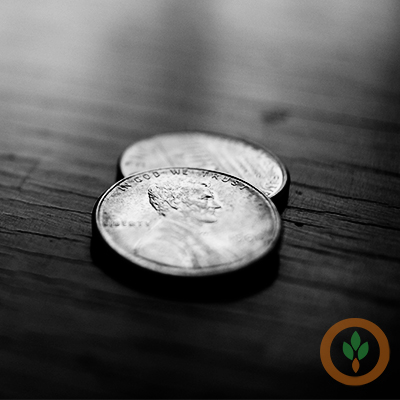Cyndi's Two Cents
More than a mask

Commentary.
I will shout it out across the cornfields and pastures. I will hoot and howl, holler, and yowl. I will preach it until I am blue in the face. Agriculture is the most dangerous work sector in the United States of America.
Harvest season is the busiest and most dangerous time of year for farmers, which is the reason the third week of September is National Farm Safety and Health Week. According to the National Education Center for Agricultural Safety, this annual promotion initiated by the National Safety Council has been proclaimed as such by each sitting U.S. President since Franklin D. Roosevelt in 1944. National Farm Safety and Health Week is led by the National Education Center for Agricultural Safety (NECAS), which is the agricultural partner of the National Safety Council.
Worst case scenario, accidents that cause loss of life or limb may occur. In fact, the most recent data suggests 573 deaths or 23.1 deaths per 100,000 agriculture workers occur on average each year. There are also non-life-threatening health and safety risks for those involved in the production of food, fiber, and fuel here in the Midwest.
During the pandemic, PPE (personal protective equipment) became a household word. Masks were not just for those in the medical field. They were worn at grocery stores, schools, and most places of business. Personal protective equipment can go a long way toward protecting farmers, and I’m not talking about protecting them from COVID 19:
N95 respirators provide a close facial fit and efficient filtration of airborne particles like grain dust. Safety glasses, goggles and other face shields may help prevent injury or contamination when working in the shop, applying inputs, or in other heavy smoke or dust conditions.
I cannot count the number of farmers I know who have experienced hearing loss from exposure to hazardous levels of noise produced by grain dryers, chainsaws, combines, tractors, squealing pigs, metal grinders and so many other noisemakers on a farm. The Great Plains Center for Agricultural Health suggests that any noise that leaves you with ringing in the ears or a temporary reduction in your hearing is too loud.
Since you aren’t going to be able to reduce the sound level decibels on all those noisemakers, finding a way to protect your hearing is important. Invest in acoustic earmuffs or at least use simple ear plugs (be sure they fit properly) when operating loud machinery or exposing yourself to all that noise.
My grandpa always told me to “protect my noggin.” Wear a hard hat for construction jobs and in situations where there is a risk of head injury. Be sure it fits properly, allowing you to see what is happening around you so you aren’t putting yourself at even greater risk. The right hat and sunscreen application can go a long way in protecting again skin cancer.
Non-slip boots or shoes can protect you from falling. Steel toed boots and shoes can protect your feet, ankles, and lower legs from countless injuries. When using toxic or irritating chemicals, be sure to wear clothing and gloves to protect yourself from exposure.
I am not a fan of those flimsy paper masks we were told would protect us and those we encountered from COVID 19. But I do believe that a properly secured N95 respirator, a set of acoustic earmuffs, a good pair of gloves and safety glasses are all good personal protective equipment investments for anyone working in agriculture.

Add Comment